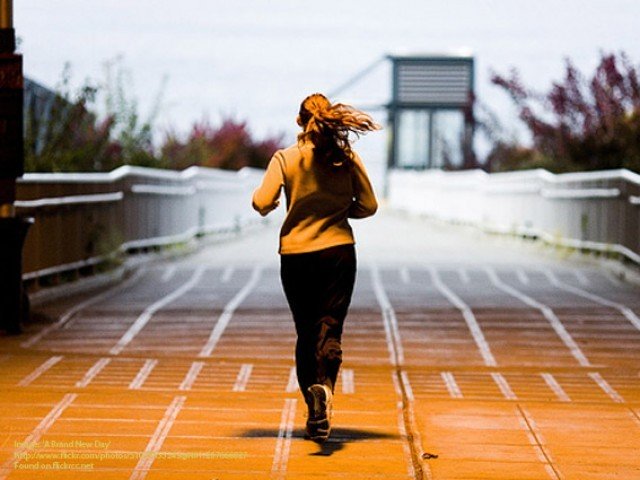
ADHD symptoms can lead to depression, low energy and motivation, poor performance at work or school and also increased traffic accidents.
A single bout of exercise has psychological benefits for adults with these elevated ADHD symptoms, which lead to anxiety, the findings showed.
5 signs your workout is hurting you
"Exercise is already known as a stress reducer and mood booster, so it really has the potential to help those suffering with ADHD symptoms," said the study's senior author Patrick O'Connor, professor at University of Georgia in the US.
 Researchers found that it was only after the exercise when the participants felt less confused and fatigued. FILE PHOTO
Researchers found that it was only after the exercise when the participants felt less confused and fatigued. FILE PHOTO"And while prescription drugs can be used to treat these symptoms, there's an increased risk of abuse or dependence and negative side effects. Those risks don't exist with exercise," O'Connor said.
The study tested 32 young men with elevated ADHD symptoms who cycled at a moderate intensity for 20 minutes on one day, and on another day sat and rested for 20 minutes as a control condition.
Fasting in fashion: How Pakistani supermodels regulate workout routines, meal plans in Ramazan
The participants were asked to perform a task requiring focus both before and after the different conditions, and researchers noted leg movement, mood, attention and self-reported motivation to perform the task.
As a result, researchers found that it was only after the exercise when the participants felt motivated to do the task. They also felt less confused and fatigued and instead felt more energetic.
The one thing that matters more than diet, exercise and sleep
The study was published in the journal named Medicine and Science in Sports and Exercise (MSSE). Interestingly, leg movements and performance on the task did not change after the exercise - rather, the exercise helped the young men feel better about doing the task.



1731655243-0/BeFunky-collage-(61)1731655243-0-165x106.webp)


1729930993-0/WhatsApp-Image-2024-10-26-at-08-52-06-(2)1729930993-0-270x192.webp)










COMMENTS
Comments are moderated and generally will be posted if they are on-topic and not abusive.
For more information, please see our Comments FAQ